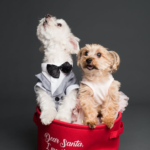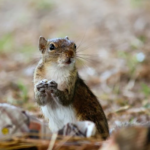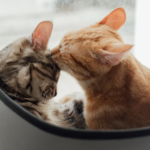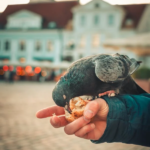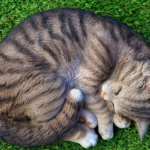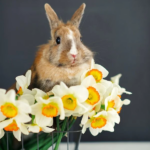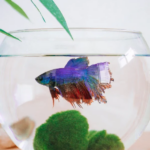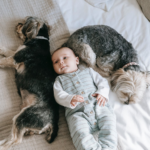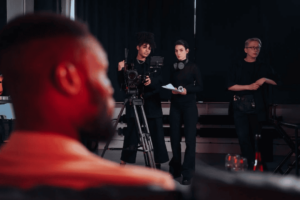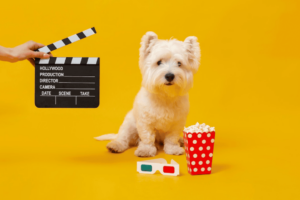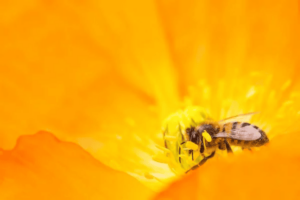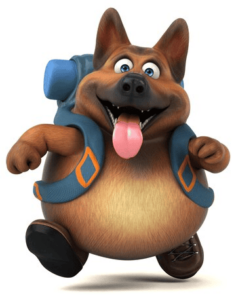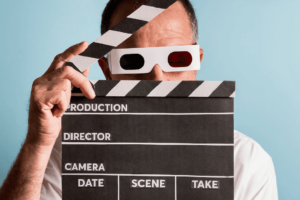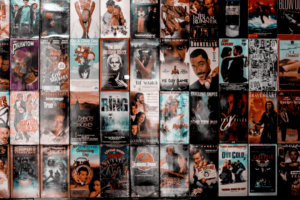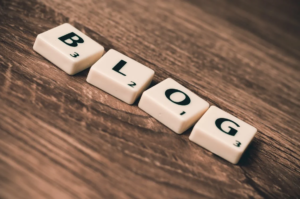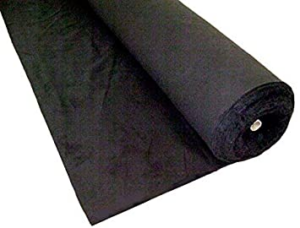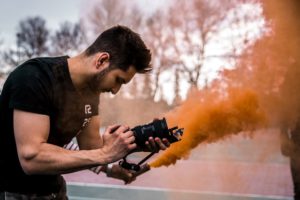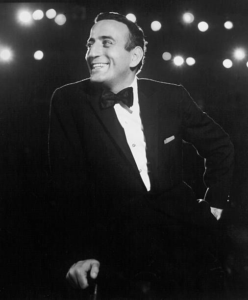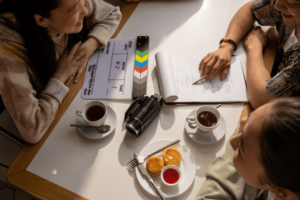Pet photography is currently the most popular form of photography. It captures the pet’s personality, character, habits, and other memorable moments. The subject matter is plenty, and you can go for natural, candid shots or portraits. However, pet photography is not easy as pets don’t pose like humans.
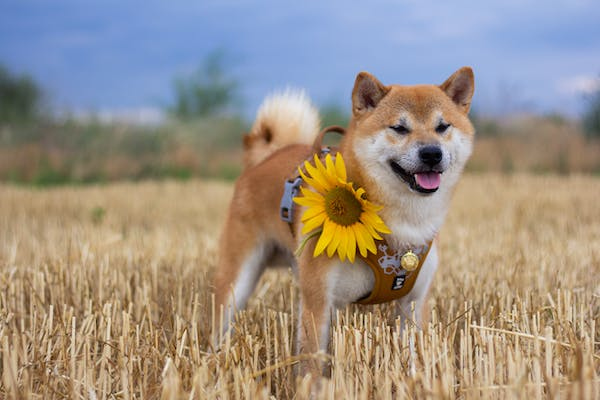
Things Needed for Pet Photography
- Camera Kit
- Cleaning Kit
- Off-camera Flash
- Pet Toys
- Treats
- Business Cards
- Extra Batteries
- Extra Lead Plugs
- Memory cards
Pet photography with award-winning photographer Carli Davidson
Cameras for Pet Photography
Cameras with a hot shoe mount are suitable for shooting in a studio with strobes. Cameras with an autofocus system will be helpful during pet photography. Finally, you can use a camera with manual controls and an off-camera flash.
Camera Settings for Pet Photography
Camera settings for pet photography depend on the lighting conditions, weather, location, and the types of photos you want to capture. If you are using a shallow depth of field, set a wide aperture and adjust the settings accordingly. You might have to modify the camera settings while shooting during the golden hour or uneven lighting.
Lenses for Pet Photography
- A wide-angle lens can be suitable for pet photography, but it might cause distortions.
- Use a macro lens to capture sharp details.
- Use a telephoto lens to shoot from a distance, and it will be less distracting for the pets. You can stay out of the pet’s zone, which is the best way to deal with unruly or shy dogs. Telephoto lenses do not cause distortion, and they create a realistic perspective without a shallow depth of field.
- The prime lens provides quality and a wide aperture, suitable for low-light shooting and focusing on a small area. As the focal length is fixed in a prime lens, you cannot zoom, and you need to move for the desired framing. Prime lenses are small, which makes them easy to move around with. You can use prime lenses while hiking with your pet.
Lighting for Pet Photography
Profoto has a fast recycling time, which is reliable and helpful if you don’t want to miss any fast-fleeing moments in pet photography.
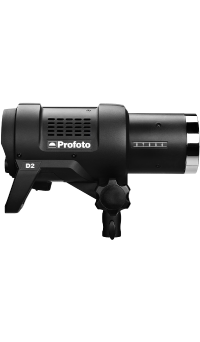
However, you can also use strobes instead of Profoto. Other alternatives are,
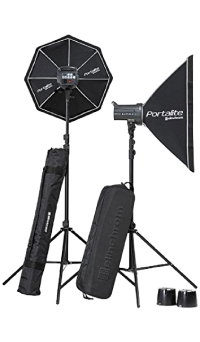
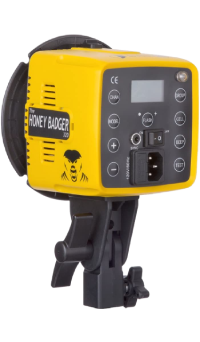
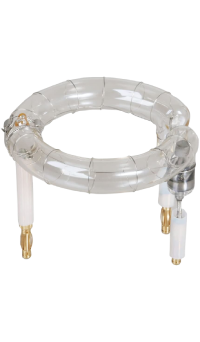
You can also use Profoto Air Remote, it is a part of the integrated Profoto Air system. You can also try out Pocket Wizards, other radio trigger systems, or a flash sync cable if the camera has a flash sync port.
Some pets are sensitive to flash, while some pets might get scared. Therefore, it is better to have a backup plan, such as shooting with natural light or continuous light.
Light Modifiers for Pet Photography
Neewer 43″ Deep Soft White Umbrella modifier produces a rich, soft light suitable for beginners. This modifier lights the background behind a subject and has soft shadows. Though it requires space to set it up, it is an excellent choice for pet photography as pets tend to move around the set.
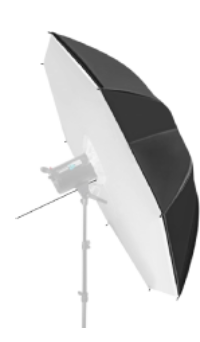
Pet Photography Tips
Pet Photography Tips and Techniques
Camera, Lens & Lighting
- It is recommended to use natural light for pet photography. Flash bursts can scare animals and can also result in a red-eye effect.
- Prefer shooting outdoors for the best results. If you are shooting indoors, ensure that the room is well-lit. You can also use a strobe or an off-camera flash for additional lighting.
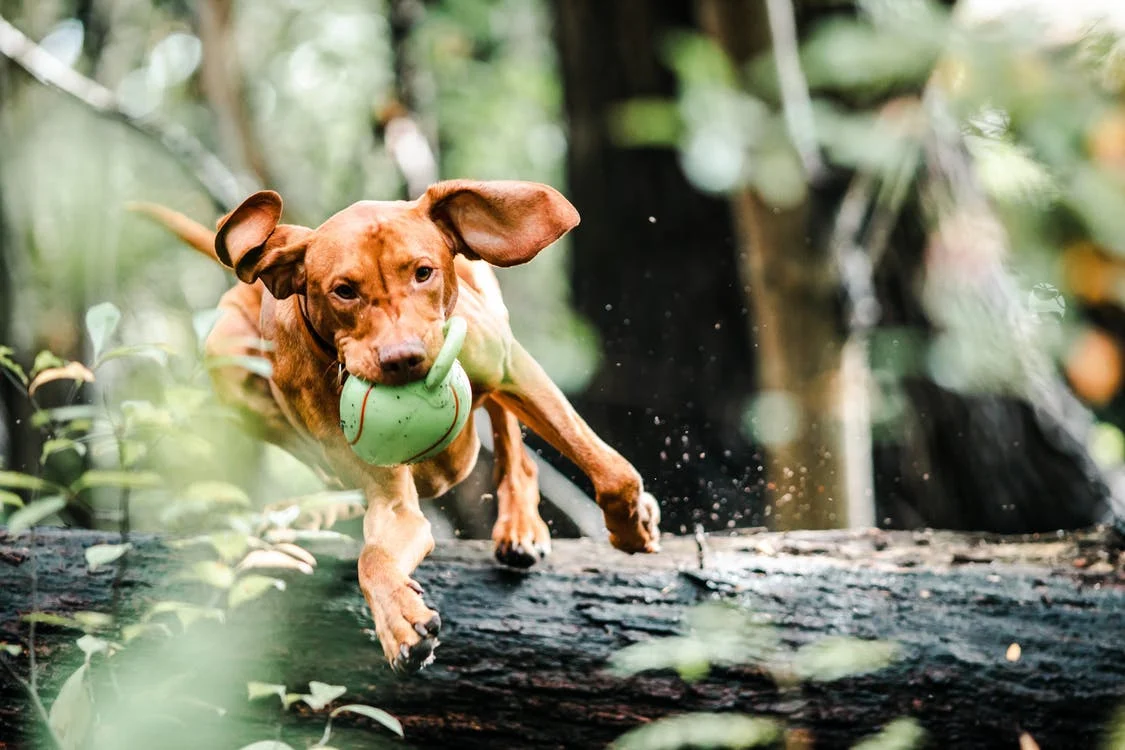
- Choose a simple background to get a flattering photo.
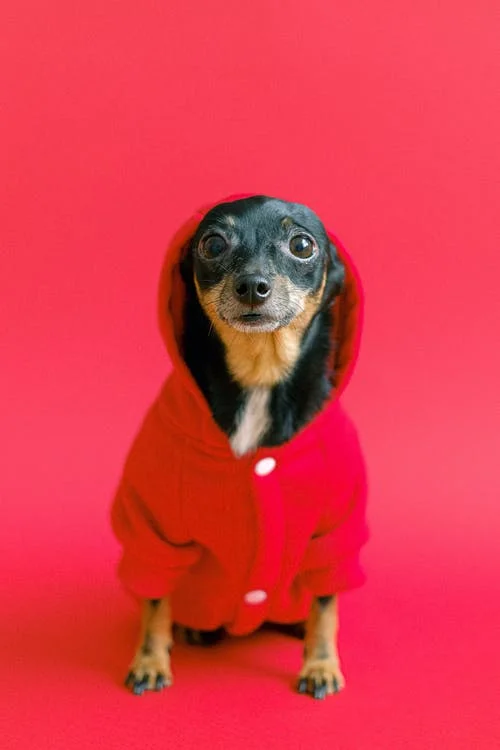
- Focus on your pet’s eyes. However, while working with a shallow depth of field, you can get only one eye in focus. So, ensure that it is closer to the camera.
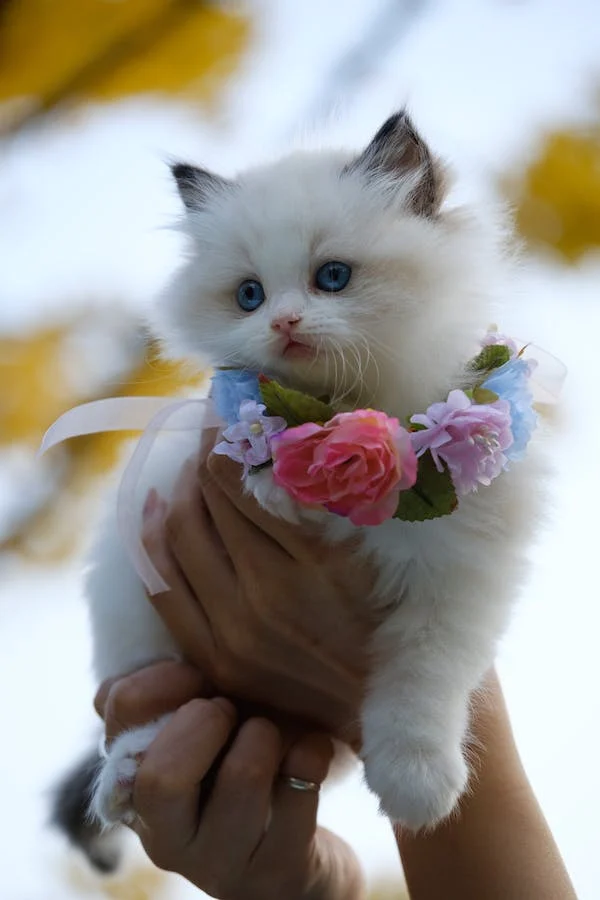
- If your camera has an eye AF for animals, use that to focus on your pet’s eyes.
- Shooting from your pet’s eye level or below the eye level can yield remarkable results rather than shooting from above.
- Experiment with a macro lens or a telephoto lens to capture close-up shots of your pets.
- Set your lens at f/5.6 or higher and use fast shutter speed and ISO settings to freeze the motion and get quality shots of your pets.
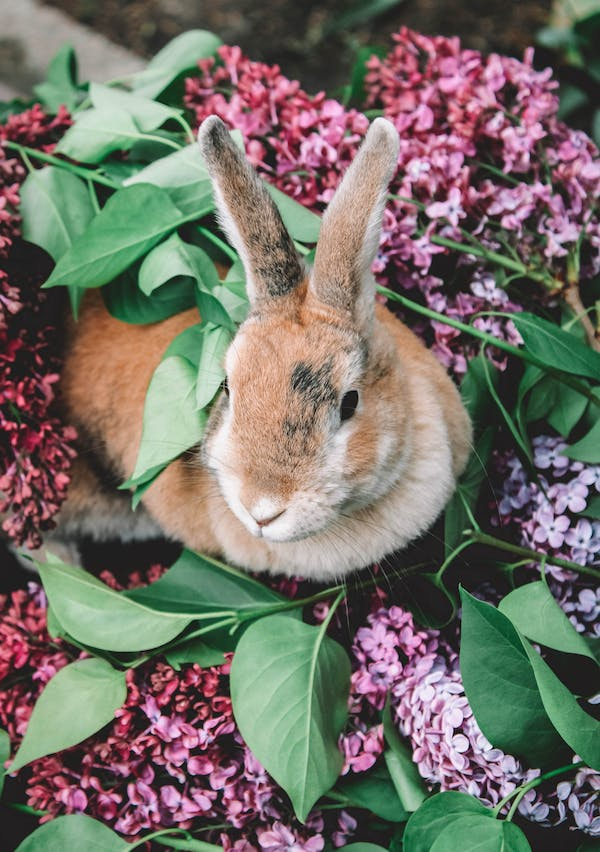
Dealing with Animals in Pet Photography
- Make your pets feel comfortable and avoid forcing them. Get down to the floor or lie on your belly to meet your pet’s level.
- Try to bring out your pet’s character in your photographs. If your cats are playful, capture them while playing with their favorite toys.
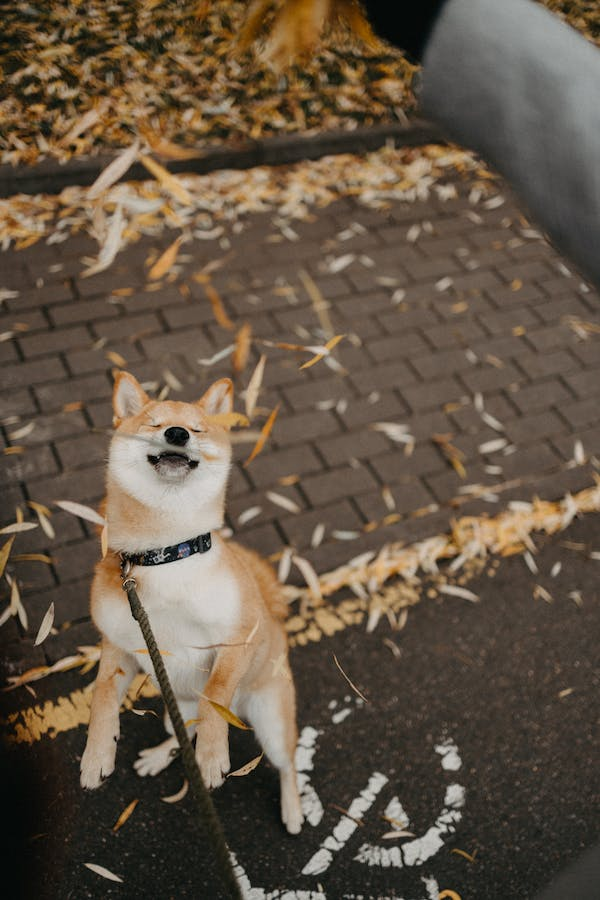
- It might be challenging to get your pet to pose and stay still. However, you can let them play and once you have set up your camera, use any cue word to get their attention.
- Offer treats or a snack to get the pet’s attention.
Pet Photography Tips for Different Forms of Photography
- For formal-looking pet photography, shoot when your pet is sleepy or just woken up after a nap. This way, you can get them to focus and stay still as they will be tired.
- For a dynamic series of pet photography, shoot when your pet is active for the best results.
- For dogs in family portraits, use a staircase and make the dog sit in the front.
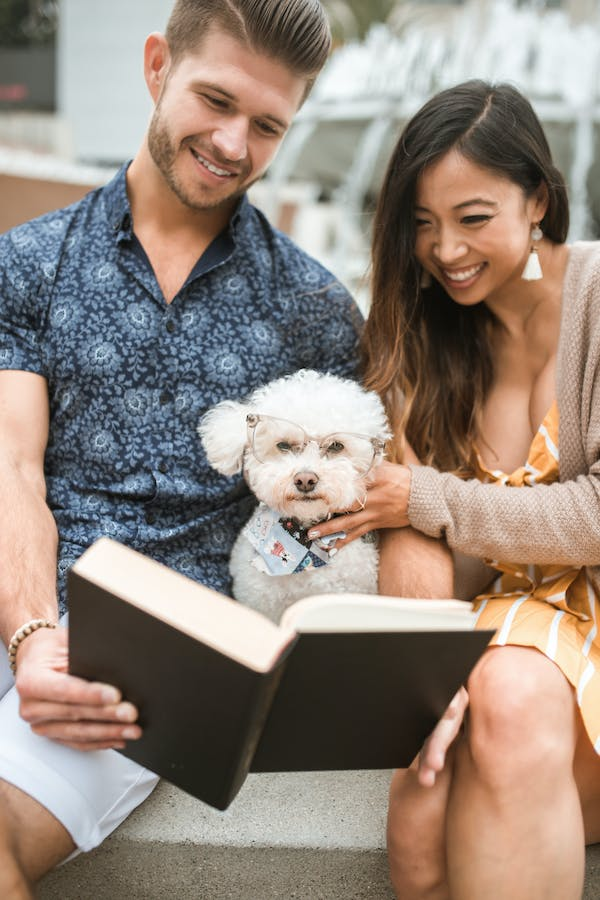
- It would help if you were patient, as pets can get excited during the shoot. So, it would be best, to begin with action images, and once your pet settles down, you can go for close-ups and other poses.
- Experiment with different angles, compositions, and approaches to get unique shots.
- Explore various photo-editing apps to elevate your photos during post-processing.
Pet Photography Tips for Action Shots
- Action shots could be challenging and you need to use a fast shutter speed to capture the moment.
- Focus on the composition and use negative space to move.
- Get help from the dog’s owner to get an athletic look at the dog.
- Ensure the pet’s safety during the shoot.
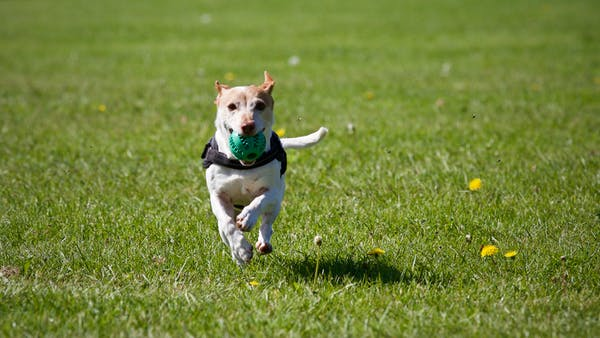
How to Photograph Your Pets | Pet Photography Tips
Horse Pet Photography Tips
- Horses have different behaviors than dogs and cats. So, they should be treated differently.
- Begin by getting comfortable with the horse but ensure your safety too.
- Burst mode and continuous focus are easier to work with horses.
- Avoid flash usage as it will scare the horse.
- Capture detailed shots and choose a proper background. Try out action photos for diverse results.
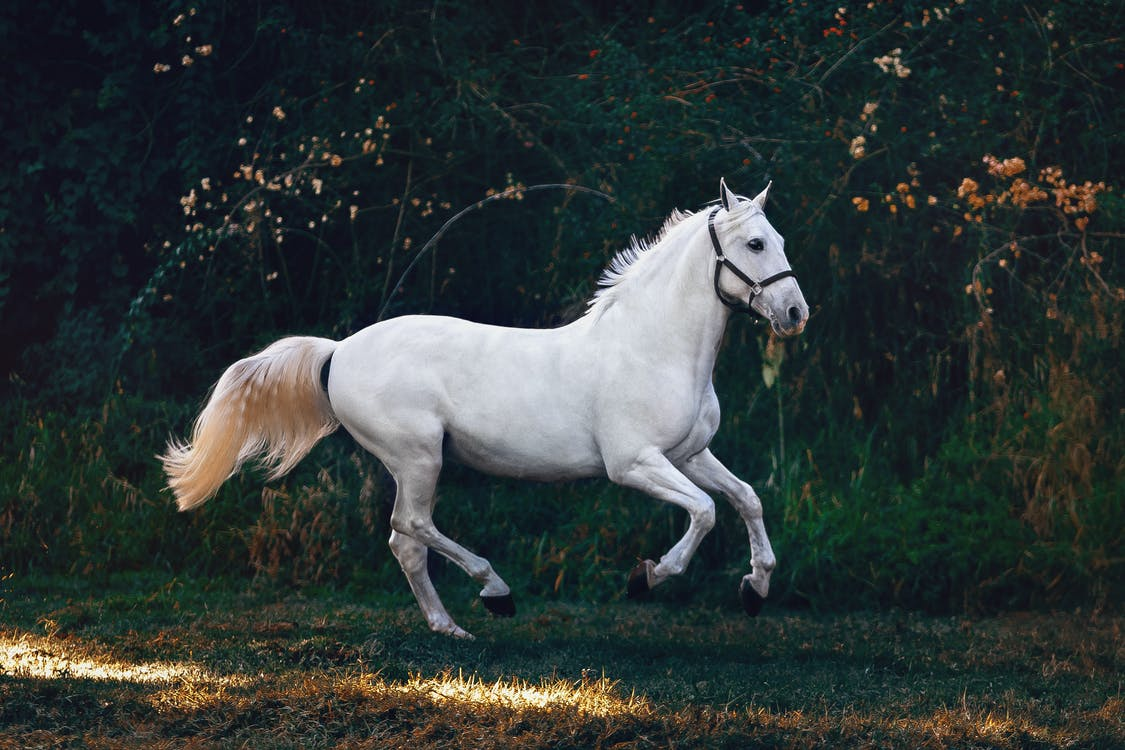
Cat Pet Photography Tips
- Cats have their charm and waves, which might be challenging to photograph.
- When they are happy with a location, you need to move around and capture them from various angles and perspectives.
- You can use a semi-automatic mode and continuous shooting mode.
- Try to concentrate on details such as eyes and paws.
- Focus on bringing out the personalities of the cats.
- It would help if you had a lot of patience to photograph cats. Always be ready to click so that you don’t miss the best moments.
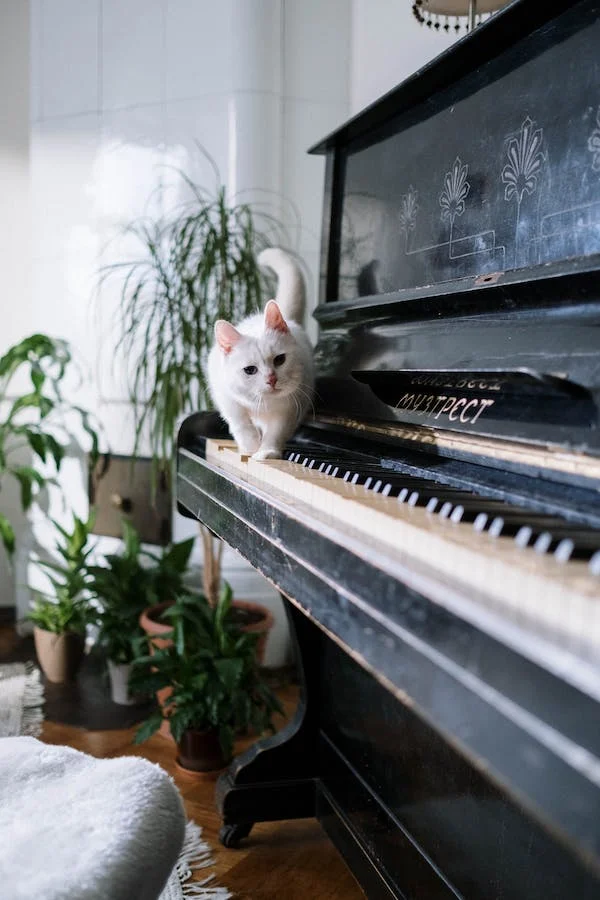
Pet Photography as a Profession
Anybody can do pet photography. However, it requires extensive knowledge and training to take outstanding pet photos that effectively communicate stories. With this genre’s rise in popularity, many photographers have converted pet photography from a mere hobby to a profession. Though portrait photography and wedding photography are still the mainstream of photography, the genre of pet photography is on the rise. Professional pet photography also has some positive effects on the photographers, such as stress reduction. Maintain a business plan and constantly improve yourself. Share your work on social media to get more customers.

Inspiration for Pet Photography
- You can look at the works of other pet photographers and wildlife photographers for inspiration.
- Find inspiration from the natural poses, or you can capture the pet-owner relationship.

- Pinterest is one of the best platforms to get inspiration from thousands of images. However, be cautious to avoid copying them.
- Invite other pets that they are comfortable and friendly with to get some creative shots.
- You can also make use of costumes to add to their personality. However, make sure that they are comfortable in their costumes.
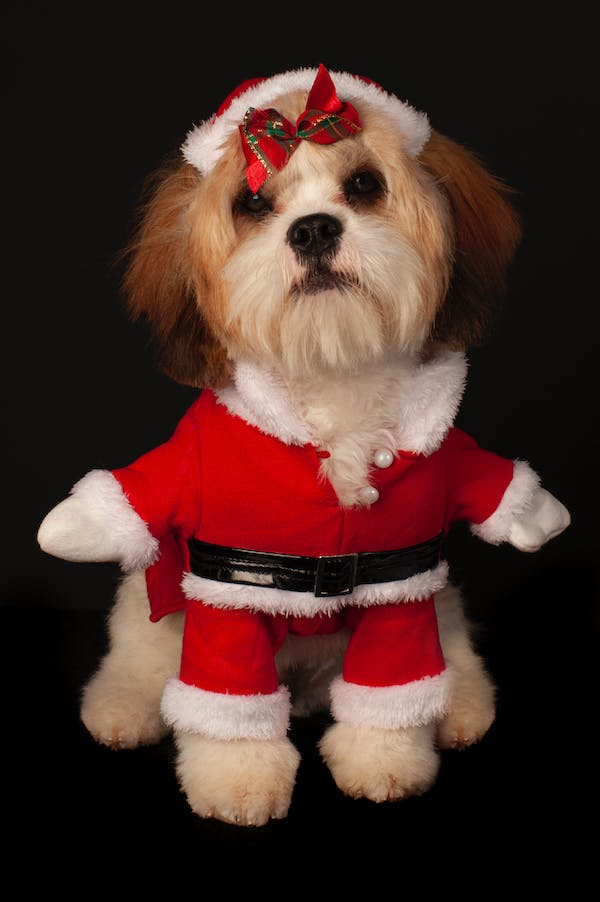
- During post-processing, get creative in editing their photographs using Photoshop or other editing apps.
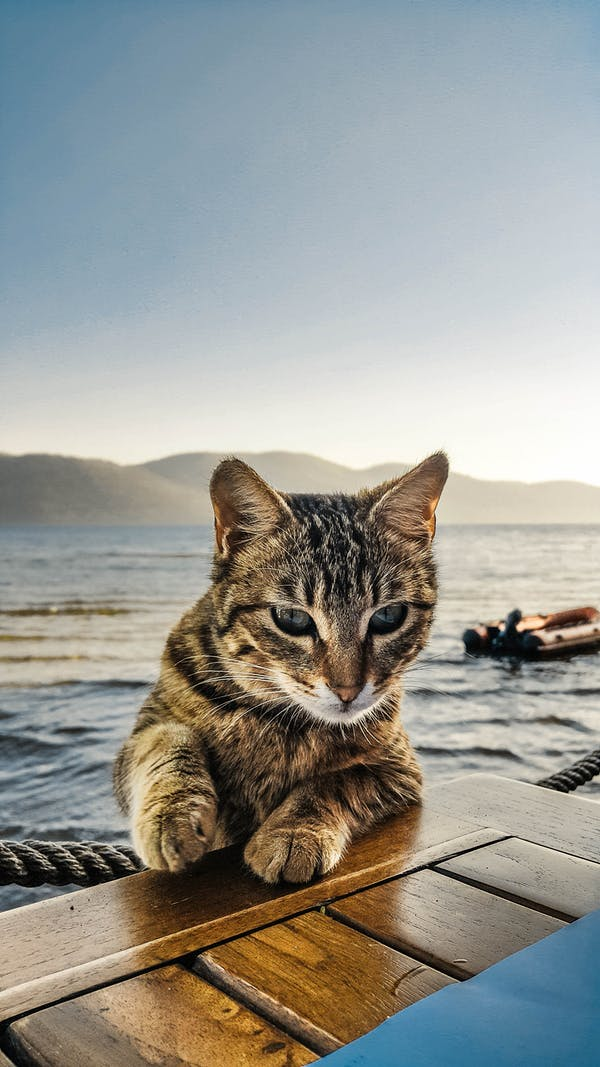
Conclusion
Patience is the key to pet photography. Schedule the shoot at perfect timing and get to your pet’s level to click great photos of your pet. Focus on bringing out the personality of the pets in your photos. Experiment a lot and get creative to get splendid shots.
Gallery
